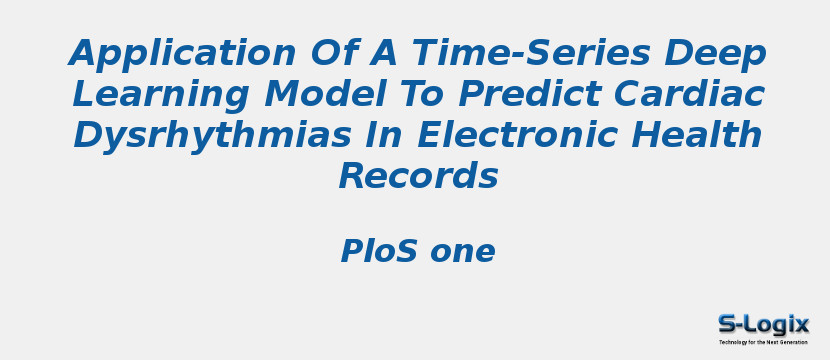Research Area: Machine Learning
Cardiac dysrhythmias (CD) affect millions of Americans in the United States (US), and are associated with considerable morbidity and mortality. New strategies to combat this growing problem are urgently needed.Predicting CD using electronic health record (EHR) data would allow for earlier diagnosis and treatment of the condition, thus improving overall cardiovascular outcomes. The Guideline Advantage (TGA) is an American Heart Association ambulatory quality clinical data registry of EHR data representing 70 clinics distributed throughout the US, and has been used to monitor outpatient prevention and disease management outcome measures across populations and for longitudinal research on the impact of preventative care.For this study, we represented all time-series cardiovascular health (CVH) measures and the corresponding data collection time points for each patient by numerical embedding vectors. We then employed a deep learning technique–long-short term memory (LSTM) model–to predict CD from the vector of time-series CVH measures by 5-fold cross validation and compared the performance of this model to the results of deep neural networks, logistic regression, random forest, and Naïve Bayes models.We demonstrated that the LSTM model outperformed other traditional machine learning models and achieved the best prediction performance as measured by the average area under the receiver operator curve (AUROC): 0.76 for LSTM, 0.71 for deep neural networks, 0.66 for logistic regression, 0.67 for random forest, and 0.59 for Naïve Bayes. The most influential feature from the LSTM model were blood pressure.These findings may be used to prevent CD in the outpatient setting by encouraging appropriate surveillance and management of CVH.
Keywords:
Author(s) Name: Aixia Guo,Sakima Smith,Yosef M. Khan,James R. Langabeer II,Randi E. Foraker
Journal name: PLOS One
Conferrence name:
Publisher name: PLOS
DOI: 10.1371/journal.pone.0239007
Volume Information:
